
PHMSA Releases Hazmat FAQs
Back in March 2022, PHMSA announced an initiative to convert historical letters of interpretation (LOI) applicable to the Hazardous Materials Regulations into frequently asked questions (FAQ). As mentioned in a previous blog I wrote, PHMSA requested comments from stakeholders on the initiative and for input on the prioritization of future sets of FAQS.
During the initial comment period, several commenters requested that PHMSA clarify the future disposition of the letters of Interpretation process and address commenters’ initial concerns. In response to this feedback, PHMSA published a second notice on June 13, 2022, extending the comment period to July 22, 2022, and announcing that a webinar would be held on June 27, 2022. In a final notice published on December 9th, PHMSA responded to comments that were received from stakeholders, summarizing the webinar event, finalizing the first set of FAQs, and announcing the topics for future FAQs. This initiative will provide additional value to PHMSA’s Online Code of Federal Regulations (oCFR) tool. The oCFR tool is an interactive web-based application that allows users to navigate with a single click between all content, including letters of interpretation that are connected to a specific HMR regulation.
Where can I find the Frequently Asked questions?
Based on comments from stakeholders and input received, PHMSA is publishing the following series of Frequently Asked Questions (FAQ) in the Federal Register and on its website to facilitate better understanding of the HMR requirements and to avoid the need for responding to frequent and recurring questions already addressed in accordance with 49 CFR 105.20 (Guidance and Interpretations), this is the link to the notice.
A few examples of the frequently asked questions and answers are from the notice are listed below:
(2) Question: Are state universities subject to the HMR when transporting hazardous materials?
Answer: A state agency—such as a state university—that transports hazardous materials for its own noncommercial use, using its own personnel and vehicles, is not engaged in transportation in commerce and, therefore, is not subject to the HMR
(3) Question: Is a hazardous material transported on private roads subject to the HMR?
Answer: Section 171.1(d)(4) states that the transportation of hazardous materials entirely on private roads with restricted public access is not subject to the HMR.
With the completion of this first set of 12 questions and answers, PHMSA has begun creating its next set of FAQs. The second set of FAQs will pertain to letters of interpretation addressing questions regarding the incident reporting requirements specified in 171.15 and 171.16. In addition, PHMSA will continue concurrent work on future FAQ notices and, in response to the comments received, subsequent topics may include FAQ pertaining to batteries, classification, hazard communication, hazardous substances, hazardous wastes, modal-specific requirements, or packaging. For more information on this subject see the Federal Register.
We have our own library of FAQ’s which address many common and not so common questions regarding handling, storing or shipping hazardous materials. As always, our team of experts is just a call away for our customers at 855.734.5469 or send us an email, we’re happy to help.
Stay up to date and sign up for our newsletter!
We have all the products, services and training you need to ensure your staff is properly trained and informed.
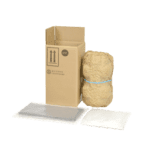 Lithium Battery Shipping Kit |

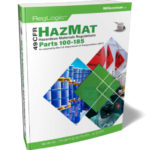
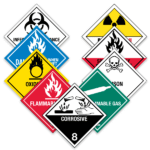
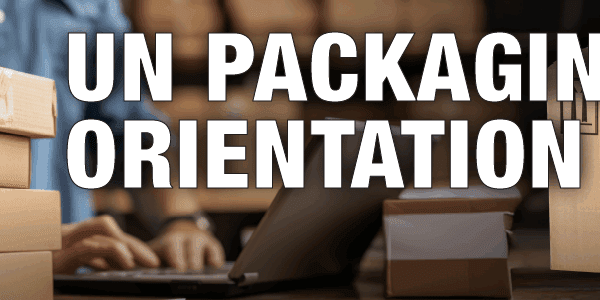

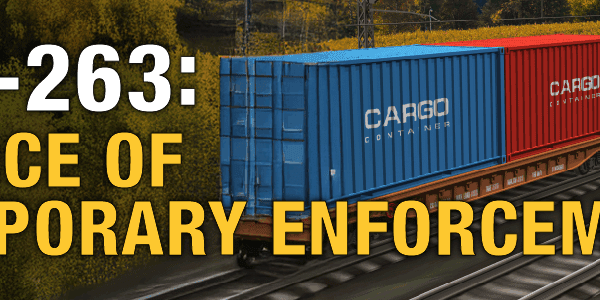


 ICC USA
ICC USA ICC Canada
ICC Canada